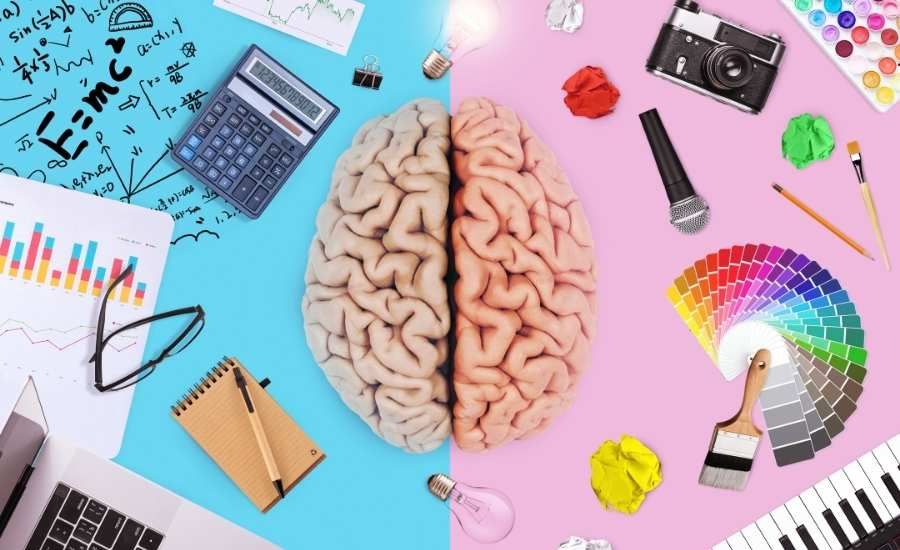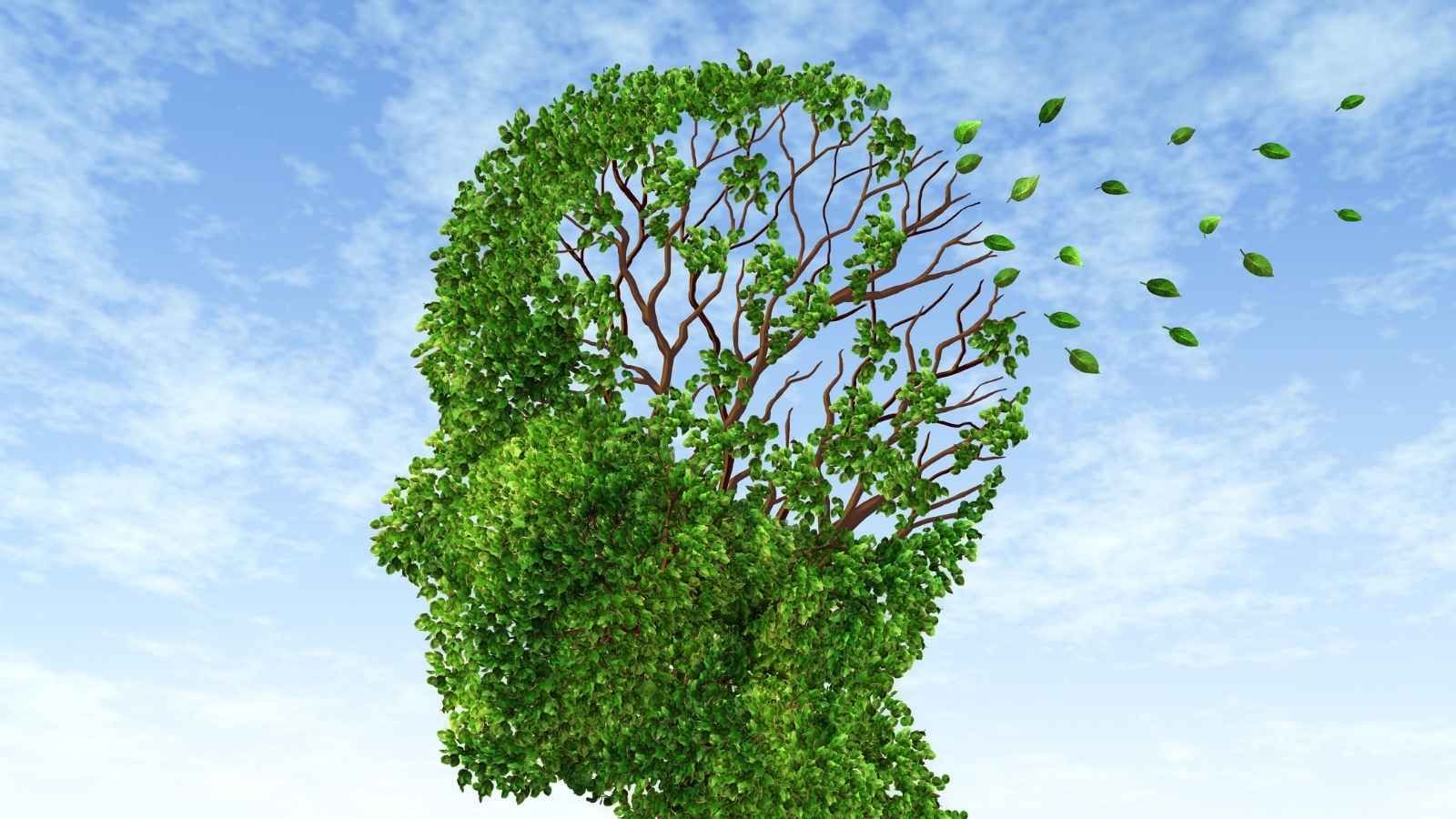Are there times when you feel that you have difficulty remembering past events, dates, or specific incidents that seem like a "blur" in your mind? Do you see someone and can't remember where you know them from? Don't worry; your memory may just need a boost.
Memory is a fundamental cognitive function that encodes, stores and retrieves information. Memory formation and retrieval involve complex neural processes that rely on the coordinated activity of multiple brain regions and neurotransmitter systems. Key brain structures involved in memory include the hippocampus, which is involved in memory formation, olfaction, and spatial learning, and the prefrontal cortex, which is involved in working memory and executive functions.
How does memory work?
Memory formation involves a series of interrelated processes, such as encoding, freezing, storage, and retrieval. Encoding refers to the initial acquisition of information, which is based on attention and sensory processing. Consolidation involves the consolidation of memory traces in the brain, which usually occurs during sleep. Storage involves the long-term retention of memories, which are distributed to different areas of the brain. Retrieval involves accessing stored information and bringing it back into conscious awareness.

Boosting memory is particularly important because it helps our brain to stay alert and function smoothly. A strong memory is fundamental to learning. It allows us to encode, store, and retrieve information effectively, making the learning process smoother and more efficient. Also, memory plays a crucial role in problem-solving. By recalling past experiences and knowledge, we can analyze situations, identify patterns, and develop suitable solutions. A good memory enables us to weigh different options, consider potential consequences, and make informed decisions based on past experiences and learned information. According to studies, students with good memory can easily recall information learned in class, perform well on exams, and excel in their studies.
How can I boost my memory?
1. Practice retrieval
Practice the retrieval technique often by actively recalling information from memory. Use techniques such as self-monitoring, memory cards, and quizzes to recall information, events, incidents, or even words to help you practice your memory. This practice strengthens memory traces and improves its long-term retention. Another good practice to make your memory stronger is to learn a new language. When you learn a new language, your brain must encode, store, and retrieve a vast array of words and their meanings, which strengthens your long-term memory capacity.
2. Get a good night's sleep
Lack of adequate sleep has been linked to memory loss. So has restless sleep and sleep that is frequently disturbed. Also, memory consolidation occurs during sleep, so sufficient and quality sleep should be a priority. Experts recommend that adults should get 7 to 9 hours of sleep a night on a regular basis. If you experience sleep issues or your sleep is disrupted, you should consult a specialist to guide you towards quality sleep.
3. Maintain a healthy lifestyle

Adopt a healthy lifestyle that incorporates regular exercise, a balanced diet, and adequate sleep. Physical activity enhances brain health and promotes neuroplasticity, supporting memory function. A balanced diet provides all the necessary nutrients for our body and, therefore, our brain to function perfectly. Don’t underestimate what you eat; make sure you nourish your body and brain properly so that it gets all the necessary nutrients and minerals you need. Oily fish, nuts, eggs, and leafy greens help enhance cognitive function, so try to incorporate them in your diet.
4. Exercise every day
Physical activity increases blood flow throughout the body, including the brain. This can help keep your memory sharp. For most healthy adults, at least 150 minutes a week of moderate aerobic activity, such as brisk walking, or 75 minutes a week of vigorous aerobic activity, such as running, is recommended. It is best to spread this activity over the week. If you don't have time for a full workout, try a few 10-minute walks during the day.
5. Spend time with others
Socializing can do wonders for your cognitive function. Social interaction helps prevent depression and stress, factors that contribute to memory loss. Schedule time to get together with loved ones, friends, and other people, especially if you live alone. Find opportunities to catch up on "small talk" and watch your memory strengthen!
 THE WORKING GAL
THE WORKING GAL





